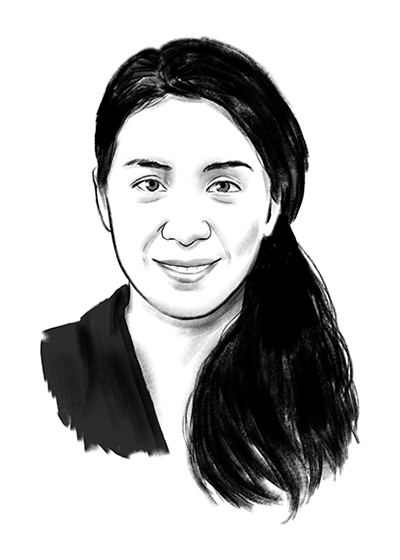Jinqing Caroline Cai
President, Christie’s China | China


China’s art auction market is the second-largest in the world, but until recently, China had held international auction houses at arm’s length. In 2009, Christie’s put up for bidding in Paris two bronze statues that had disappeared in China around 1860 during the Second Opium War, an era of defeat and humiliation for China at the hands of foreign powers. The Chinese government protested the auction and demanded the statues be repatriated. Christie’s, originally founded in London in 1766, ignored the request.
But with Jinqing Caroline Cai directing its China operations, in 2013 Christie’s became the first foreign-owned art auction house to operate in China without a local partner. (As a foreign company, Christie’s is nevertheless prohibited, at least for now, from trading “cultural relics,” items predating 1911 that the government deems part of China’s cultural heritage.) Cai had joined Christie’s in 2012 after years of experience assisting multinationals in public affairs and reputation management in China; her experience has helped Christie’s navigate the choppy waters of Chinese historical memory.
Cai is all too familiar with China’s fraught past. A Beijing native, she served as a spokeswoman for the student movement during the 1989 Tiananmen Square democracy protests, fleeing to the United States after the Chinese army cracked down on the protests, likely killing hundreds. Now, through her work with Christie’s, Cai helps protect and celebrate China’s cultural heritage — as she puts it, “showcasing China’s extraordinary art to the world.”
Correction, Jan. 23, 2015: Jinqing Caroline Cai is now president of Christie’s China. An earlier version of this bio said she was managing director, a position she previously held.




